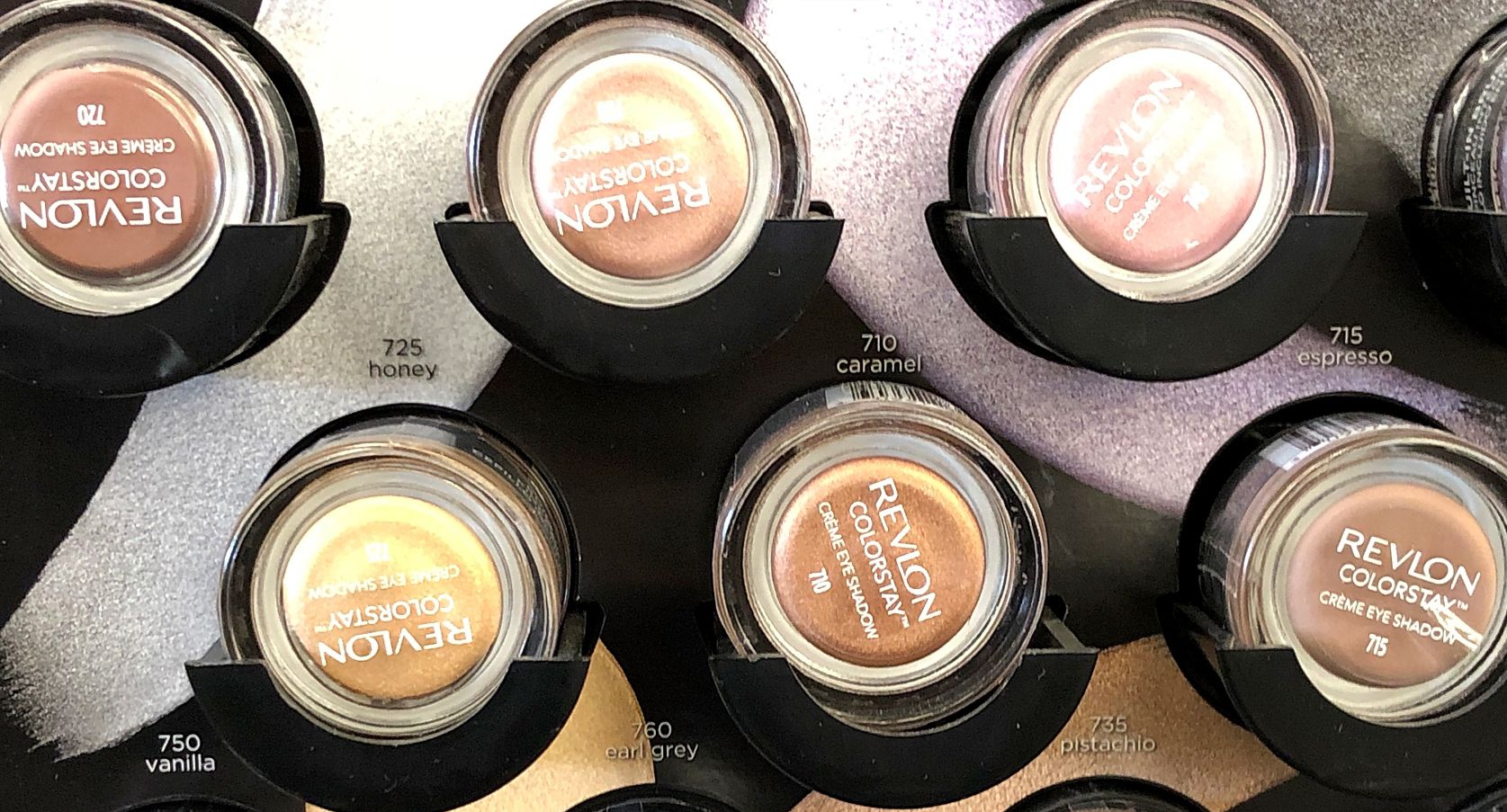
Revlon Inc. is grappling with a growing number of allegations that some of its hair products cause cancer as the cosmetics company looks to exit Chapter 11 bankruptcy.
Thousands of consumers are alleging Revlon owes them money because they used the company’s hair relaxer products and later developed cancer. But a deadline to formally lodge such claims against the bankrupt company elapsed in October — just after the National Institutes of Health published a study showing a correlation between some chemical hair relaxers and uterine cancer.
On Tuesday, Revlon’s bankruptcy judge extended the deadline by which customers with certain types of cancer can file claims against the company. They now have until April 11, which will also allow them to vote on the bankrupt company’s restructuring plan later this month.
“What we’ve got here in my view is a mass tort in the making,” said Sander Esserman, an attorney who spoke on behalf of various cancer claimant groups during the Tuesday bankruptcy hearing. “It’s a dynamic situation, and there will no doubt be many cases in the future as they continue to market and the women develop various forms of cancers that are contestable.”
Robert Britton, an attorney representing Revlon, said the company disputes any link between cancer and its hair relaxer products. He added that the exponential growth of claims in a matter of weeks suggests that more vetting of the claimants might be needed.
A representative for Revlon declined to comment.
Although U.S. Bankruptcy Judge David S. Jones recognized most so-called mass torts allow for more than just a month for impacted customers to file claims, he said he didn’t have much of a choice. “It is the conundrum we face and I don’t think it can be blown up at this late date,” he said, referring to prolonging the company’s likely exit from bankruptcy by pushing the deadline even further.
The NIH study published in October looked at data from nearly 33,500 women followed for 11 years and found that those who frequently used hair straightening products — about 60% of which were Black women — were more than twice as likely to develop uterine cancer compared to those who didn’t. It was published about a week before the deadline to file claims in Revlon’s bankruptcy.
Revlon — which buckled under a heavy debt load last year — recently settled disputes among two warring lender factions, clearing a path to exit from bankruptcy and keep operating. Its restructuring plan calls for cutting debt, raising new money and handing ownership of the company to its lenders.
In recent weeks, the number of hair relaxer claims has grown significantly, with hundreds arriving daily, according to Esserman. Other major beauty companies, like L’Oréal USA Inc., have faced similar suits since the NIH published its report.
The bankruptcy is Revlon Inc., 22-10760, US Bankruptcy Court for the Southern District of New York.
By Amelia Pollard
Learn more:
It was a slow decline for the 90-year-old company, which found itself crippled by massive debt, a pandemic, supply chain issues and growing competition from start-up brands changing beauty ideals and culture.



